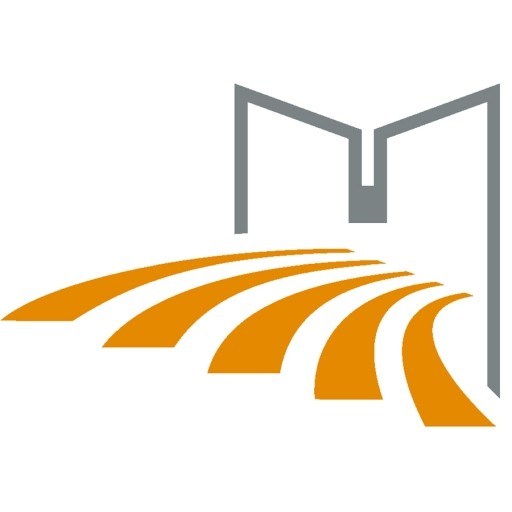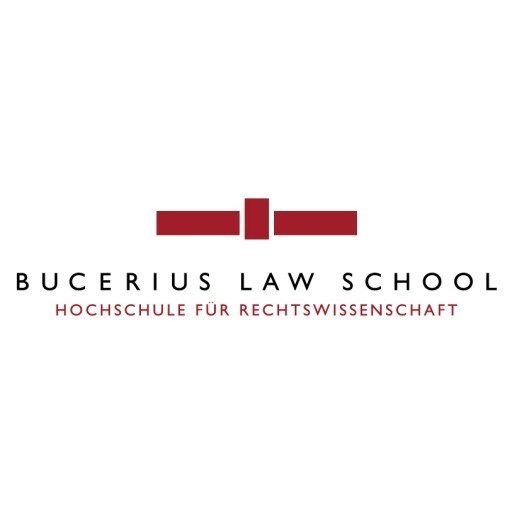Photos of university / #fu_berlin
European and International Business Competition and Regulatory Law at Free University of Berlin offers a comprehensive interdisciplinary curriculum designed to equip students with in-depth knowledge of legal frameworks governing competition and regulation within the European and international business environments. This program combines rigorous legal analysis with practical insights into the functioning of regulatory authorities, antitrust policies, and competition law enforcement across Europe and beyond. Students will explore the fundamental principles of EU competition law, including cartels, abuse of dominance, mergers, and state aid, as well as international competition law and its intersection with global commerce. The program emphasizes the importance of regulatory compliance, strategic decision-making, and the economic impact of legal rules on business operations in a dynamic international context. Through a combination of lectures, case studies, seminars, and practical exercises, participants will develop critical thinking skills and a solid understanding of the legal tools necessary to navigate complex regulatory landscapes. The curriculum also covers topics related to legal harmonization, enforcement mechanisms, and the role of European institutions such as the European Commission and European Court of Justice in shaping competition policy. Students will have access to expert faculty with extensive academic and practical experience in competition and regulatory law, as well as opportunities for internships and collaborations with legal practitioners and regulatory bodies. Graduates of this program will be well-prepared for careers in law firms, regulatory agencies, multinational corporations, and international organizations dealing with competition law issues. The program’s interdisciplinary approach ensures that students gain a comprehensive view of the legal, economic, and policy dimensions of business regulation, fostering a nuanced understanding of how legal frameworks influence market behavior and economic integration within Europe and internationally.
The MBL-FU is a two-term programme. It comprises 8 modules and a master thesis period. Central constituents of each module are the in-class lectures, seminars and tutorials that take place full-time on Fridays and Saturdays (occasionally also on Thursdays) at the Department of Law. As part of our E-learning concept, different online study and work designs realized via the programme's internet platform complement and enhance the on-site lectures.
The postgraduate master programme "International and European Business, Competition and Regulatory Law" is divided into two sections. The first section covers the first term of studies (October to March) and deals with the legal and economic foundations of business, competition and regulatory law. Furthermore, students are taught how to draft and implement a contract. During the second term (April to September), the second part of studies addresses competition and regulatory law only. In the module "Regulatory Law", students specialize either in energy or telecommunication law.
| FIRST PART - BUSINESS LAW AND ECONOMICS | |
| Module 1 | European and International Business and Contract Law (5 credit points) |
| Module 2 | Introduction to the Economic Fundamentals of Competition and Regulatory Law (10 credit points) |
| Module 3 | European Competition Law (10 credit points) |
| Module 4 | European and International Business and Trade Law (5 credit points) |
| SECOND PART - BUSINESS, COMPETITION AND REGULATORY LAW | |
| Module 5 | Advanced European and International Business and Competition Law (5 credit points) |
| Module 6 | Fundamentals of Regulatory Law (5 credit points) |
| Module 7 | Regulatory Law - Telecommunication Law (Compulsory Elective, 5 credit points) |
| Module 8 | Regulatory Law - Energy Law (Compulsory Elective, 5 credit points) |
| Master Thesis (15 credit points) | |
For admittance to the master’s program applicants need to fulfill the following admission requirements:
-
Applicants must have successfully completed a degree course, preferably in law, at a German or non-German university.
-
Participants must prove a minimum of one year work experience in addition to their undergraduate or first degree.
The admission is limited.
In addition to the admission requirements English language skills, a letter of motivation and a potential interview will be considered.
Further information about admission requirements can be found on the website of the program.
The financing of the European and International Business Competition and Regulatory Law program at the Free University of Berlin is primarily supported through a combination of university funds, tuition fees, and external funding sources. As a policy, the university strives to make this specialized graduate program accessible to a diverse cohort of students by offering various scholarship opportunities and financial aid packages. Tuition fees are structured to be competitive within the European higher education landscape, and may vary depending on the student’s nationality and residency status, with possible reductions or waivers for domestic students or those demonstrating financial need. The program also benefits from funding provided by European Union grants aimed at promoting advanced legal education and fostering research in European business law and regulation. Additionally, the university collaborates with external institutions such as law firms, European institutions, and business organizations which may offer sponsorships and internships that include financial stipends to enrolled students. Institutional funding is complemented by research grants from European research councils that support faculty-led projects connected to the program’s curriculum, thus enhancing its resources and international exposure. The university also encourages students to seek external sources of funding through national scholarship programs and international exchange schemes like Erasmus+. These funding avenues are designed to not only support students financially but also to promote international mobility and cross-cultural exchange, enriching the educational experience. The program’s financing model emphasizes sustainability and accessibility, ensuring that talented students have the opportunity to pursue advanced legal studies regardless of their economic background. Overall, the financing structure of the program is designed to support high-quality education, facilitate international collaborations, and promote research excellence in the field of European and International Business Competition and Regulatory Law.
The European and International Business Competition and Regulatory Law program at the Free University of Berlin offers students a comprehensive understanding of the legal frameworks and regulatory environments that influence business operations across Europe and globally. The curriculum is designed to provide in-depth knowledge of competition law, antitrust regulations, and the legal principles governing cross-border business transactions. Students explore key topics such as market dominance, mergers and acquisitions, state aid, and trade policies within the context of European Union law and international legal standards. The program emphasizes both theoretical foundations and practical applications, preparing graduates for careers in legal consultancy, policy advising, and compliance management in multinational corporations and governmental agencies.
Throughout the course, students engage in case studies, moot courts, and internships that simulate real-world legal challenges faced by businesses operating in diverse economic and political environments. This practical approach enables learners to develop critical analytical skills and strategic thinking required for effective legal practice and policy formulation. The faculty comprises experienced academics and legal practitioners specializing in business law, competition policy, and international trade law, facilitating a dynamic learning environment where contemporary issues are regularly discussed and analyzed.
The program also emphasizes multidisciplinary perspectives, integrating insights from economics, political science, and international relations to enrich students' understanding of how legal measures impact economic integration and global markets. Graduates often pursue careers in legal advisory firms, international organizations, regulatory authorities, or continue their academic pursuits through Ph.D. research. The university provides excellent resources, including access to law libraries, legal databases, and partnerships with professional associations, ensuring students are well-equipped for successful careers in the legal and regulatory fields related to business.
Given the Bologna Process and the standard European credit transfer system (ECTS), the program typically spans two academic years, comprising coursework, research projects, and a thesis. The degree awarded enhances students' competitiveness in the European market and internationally by providing a solid legal foundation combined with practical skills necessary for navigating complex regulatory environments. The Free University of Berlin's strategic location in the German capital also offers unique opportunities for engagement with European institutions, courts, and law firms, enriching the educational experience and facilitating professional networking.









